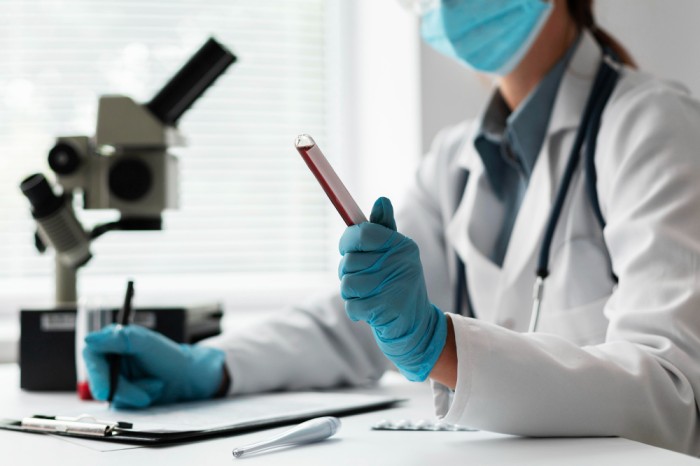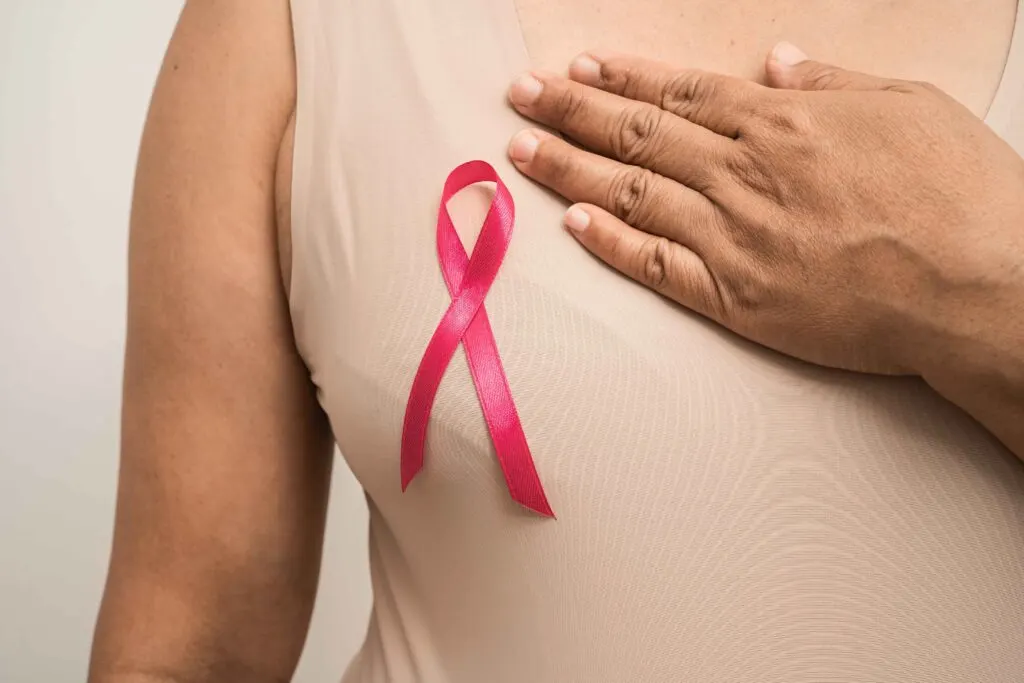The Importance of Regular Cancer Screenings: Early Detection Saves Lives
Cancer is one of the leading causes of death worldwide, but early detection can significantly improve survival rates. Regular cancer screenings help identify cancer at its earliest and most treatable stages, often before symptoms appear. At Srinivas Priya Hospital, we emphasize the importance of proactive healthcare and encourage individuals to schedule routine screenings for timely diagnosis and better outcomes. Why Are Regular Cancer Screenings Important? Early Detection Saves Lives Many cancers, such as breast, cervical, colorectal, and prostate cancer, develop silently, showing no symptoms in the early stages. Regular screenings can detect abnormal cell changes before they become cancerous or before the disease progresses to an advanced stage. Better Treatment Success Cancers detected at an early stage are often more treatable with less aggressive interventions. For example, early-stage breast cancer has a survival rate of over 90% when detected in time. Increased Treatment Options Late-stage cancers require more complex treatments, including surgery, chemotherapy, or radiation therapy. Detecting cancer early may allow for less invasive treatments, improving the patient’s quality of life. Lower Healthcare Costs Treating advanced-stage cancer is more expensive due to longer hospital stays, multiple treatments, and higher medication costs. Preventive screenings can reduce the financial burden by detecting cancer early. Common Cancer Screenings and When to Get Them 1. Breast Cancer Screening Method : Mammogram Recommended For : Women aged 40 and above (or earlier for those with a family history) Frequency : Every 1-2 years 2. Cervical Cancer Screening Method: Pap Smear and HPV Test Recommended For : Women aged 21-65 Frequency : Every 3 years (Pap Smear) or every 5 years (Pap Smear + HPV Test) 3. Colorectal Cancer Screening Method : Colonoscopy, Stool Tests Recommended For : Individuals aged 45 and older Frequency : Every 10 years (colonoscopy) or annually (stool test) 4. Prostate Cancer Screening Method : PSA (Prostate-Specific Antigen) Test Recommended For : Men aged 50 and older (or earlier for those at high risk) Frequency : Every 1-2 years 5. Lung Cancer Screening Method : Low-Dose CT Scan Recommended For : Individuals aged 50-80 with a history of smoking Frequency : Every year for high-risk individuals 6. Oral Cancer Screening Method : Physical Examination by a Doctor Recommended For : People who smoke, chew tobacco, or consume alcohol regularly Frequency : During routine dental or health checkups Who Should Get Screened? People with a Family History of Cancer : Genetics play a role in cancer risk, making regular screenings crucial for those with a family history.Individuals Over 40 : Many cancers become more common with age, so screenings should be prioritized as one gets olderThose with Lifestyle Risks : Smoking, alcohol consumption, obesity, and exposure to harmful chemicals increase the risk of cancer.Women with Hormonal Factors : Women on long-term hormone therapy or with early menstruation/late menopause should undergo regular screenings. Take Charge of Your Health Today Regular cancer screenings are a powerful tool in the fight against cancer. By taking proactive steps, you can detect cancer early, access timely treatment, and improve their chances of survival.At Srinivas Priya Hospital, we offer comprehensive cancer screening services tailored to your health needs. Schedule your screening today and take the first step toward a healthier future. Early detection saves lives—don’t wait!


